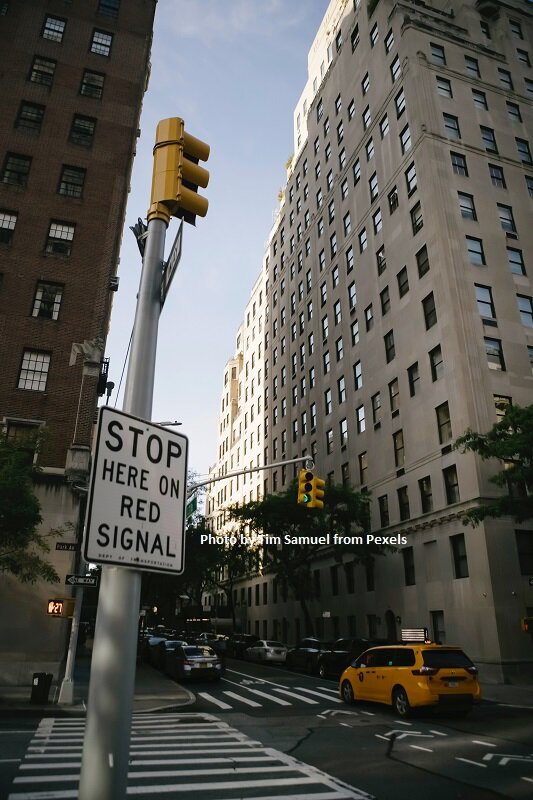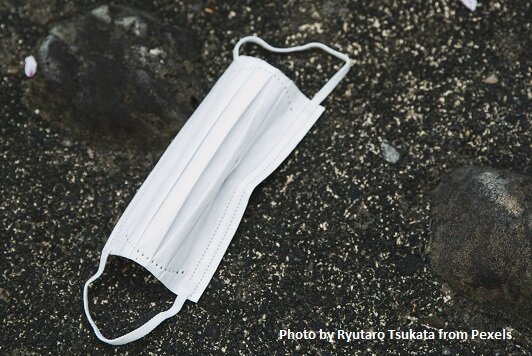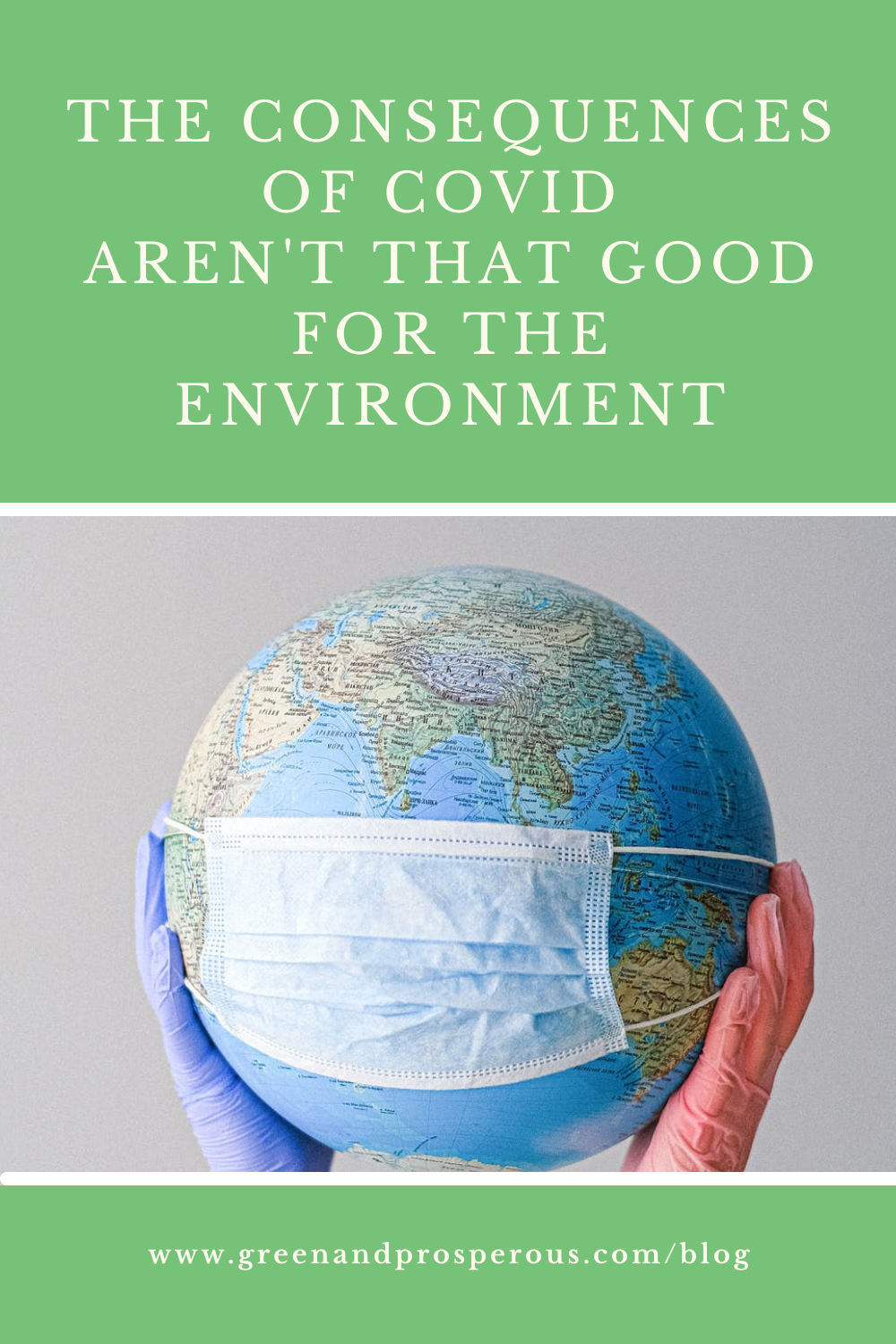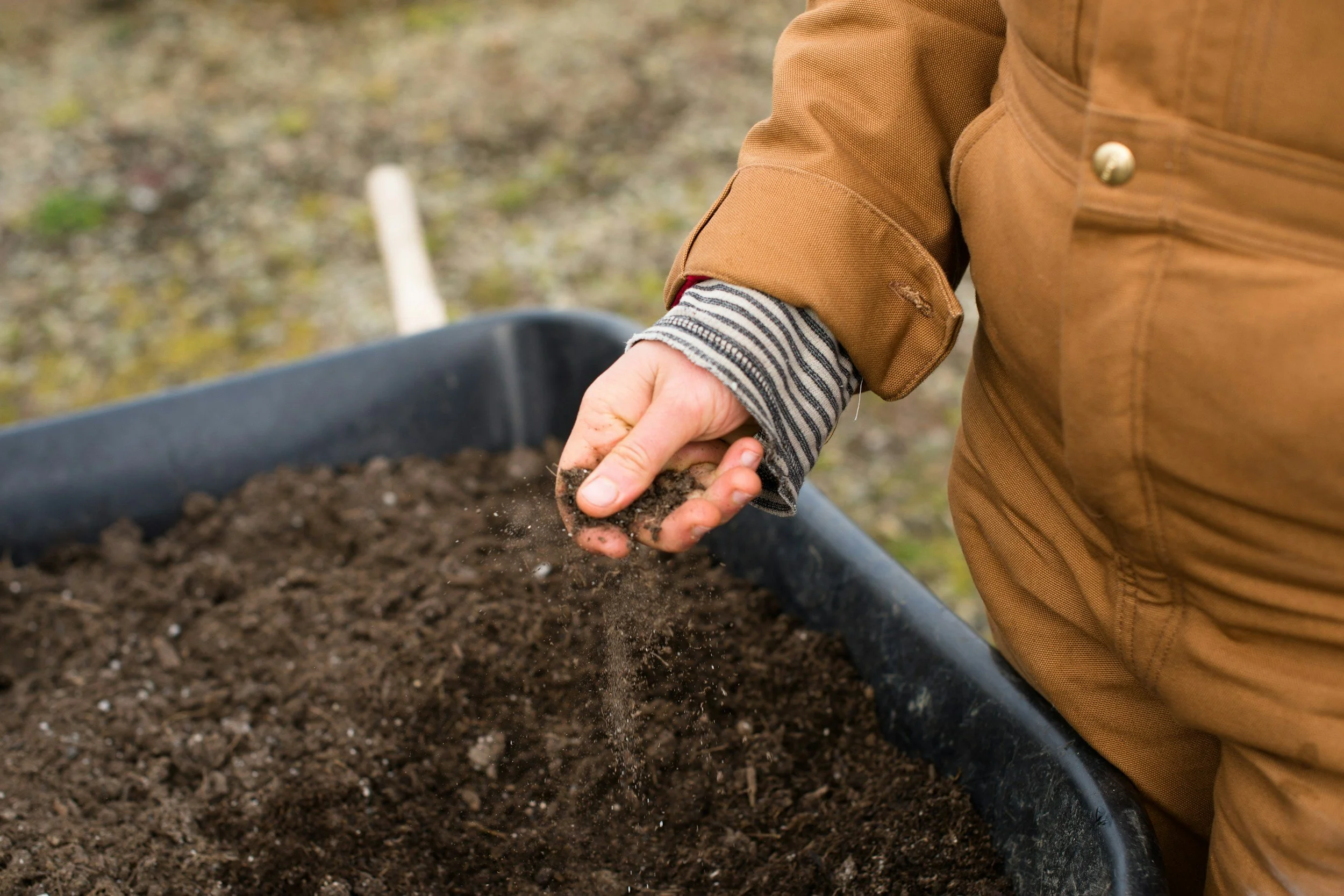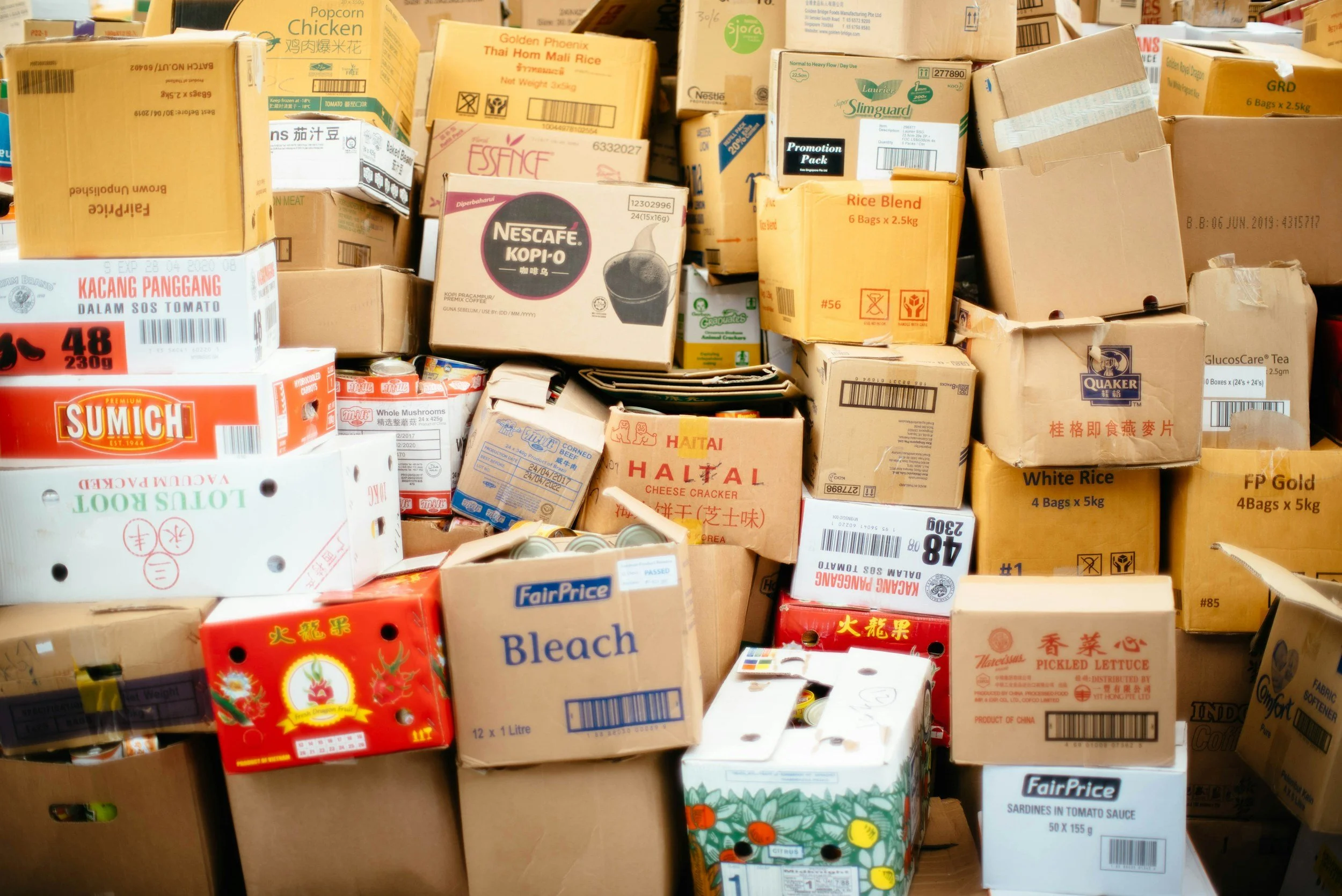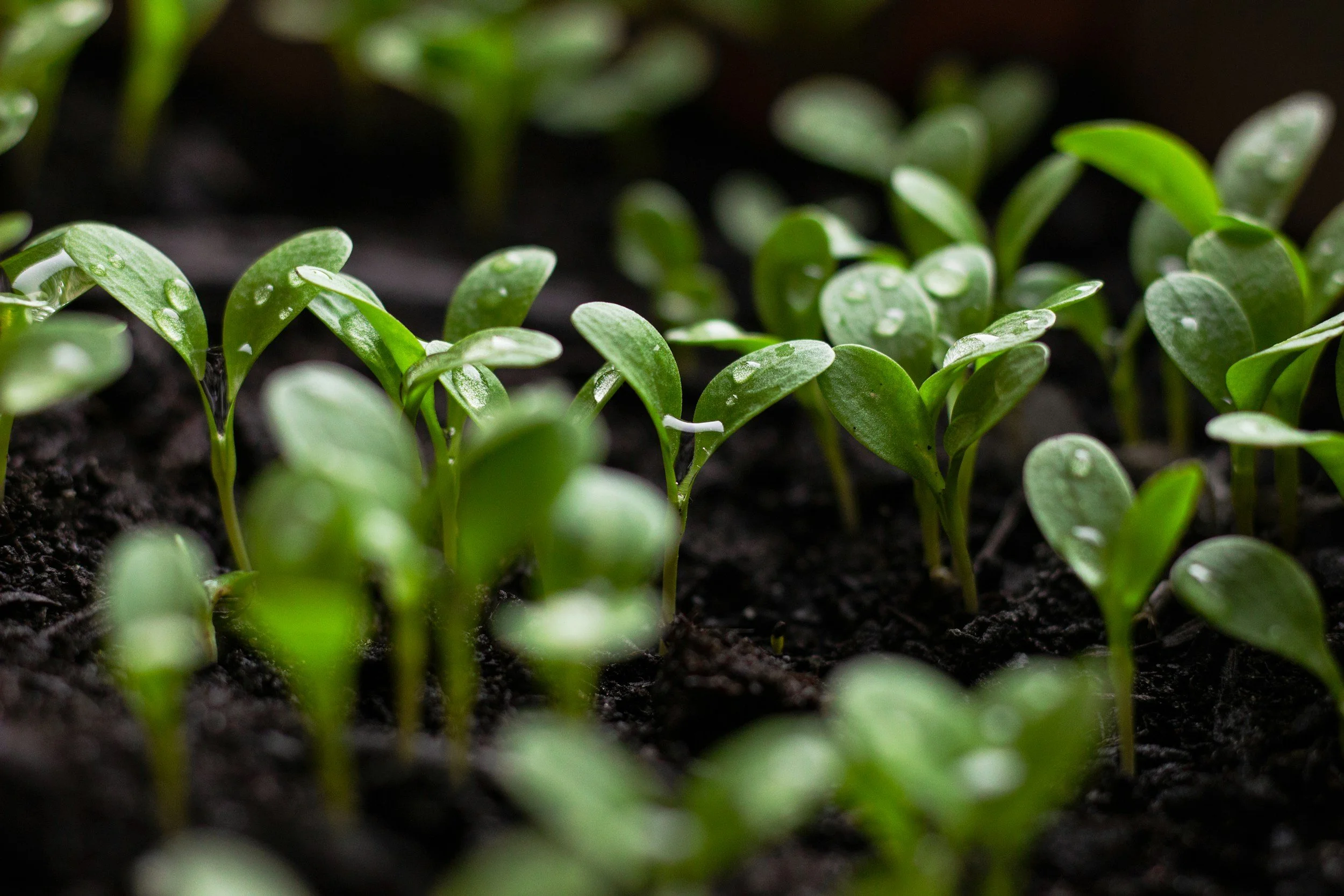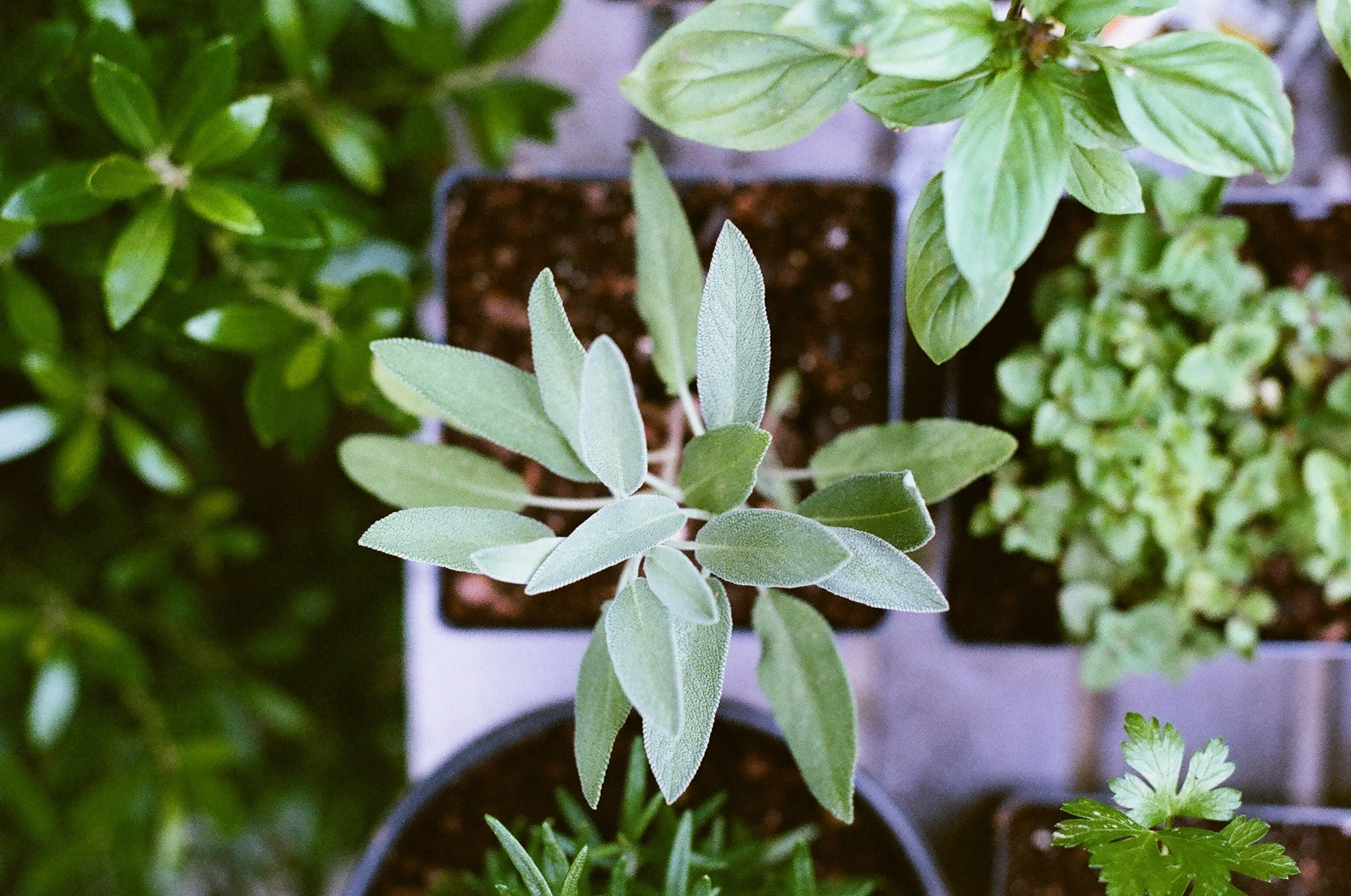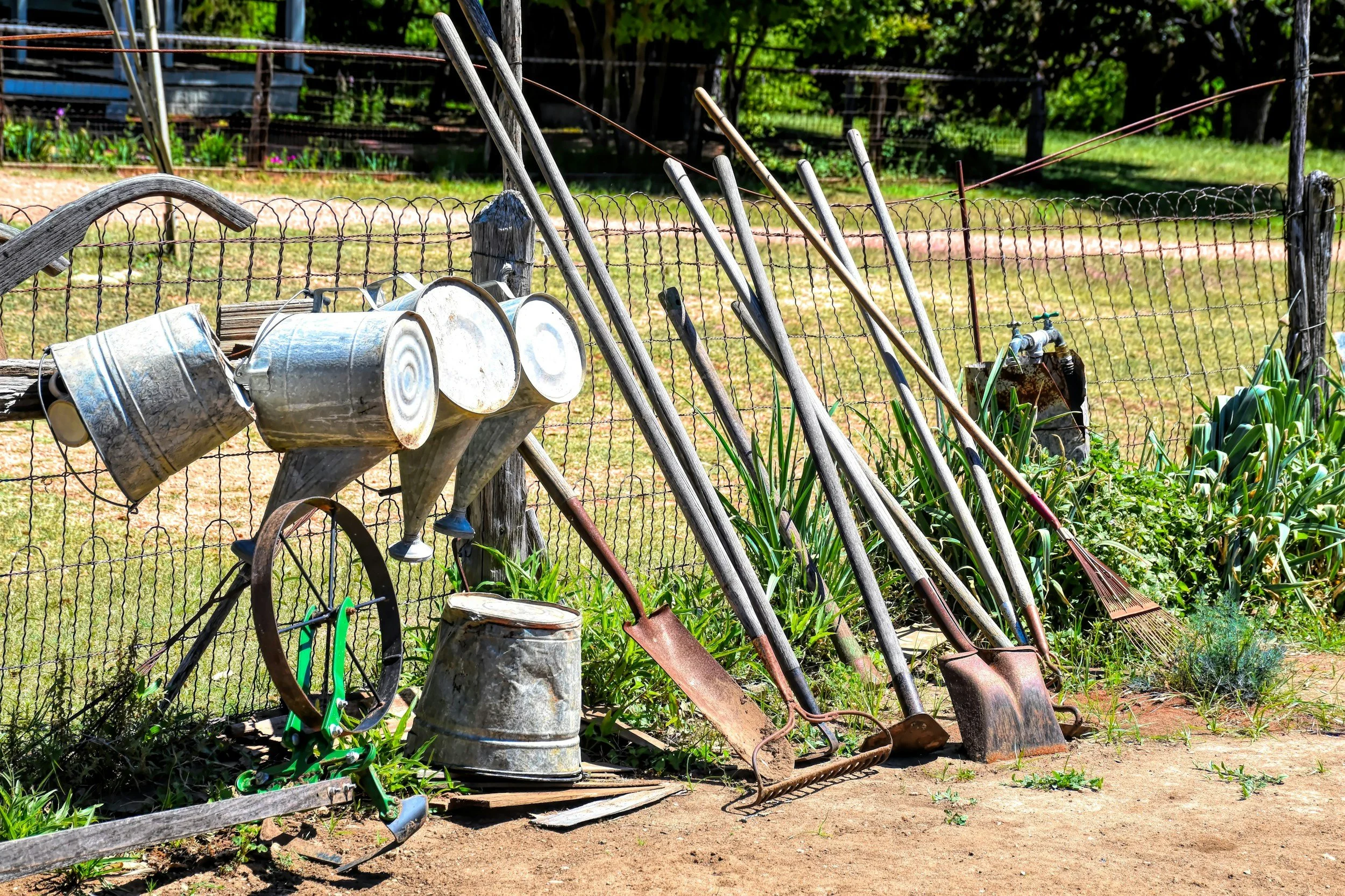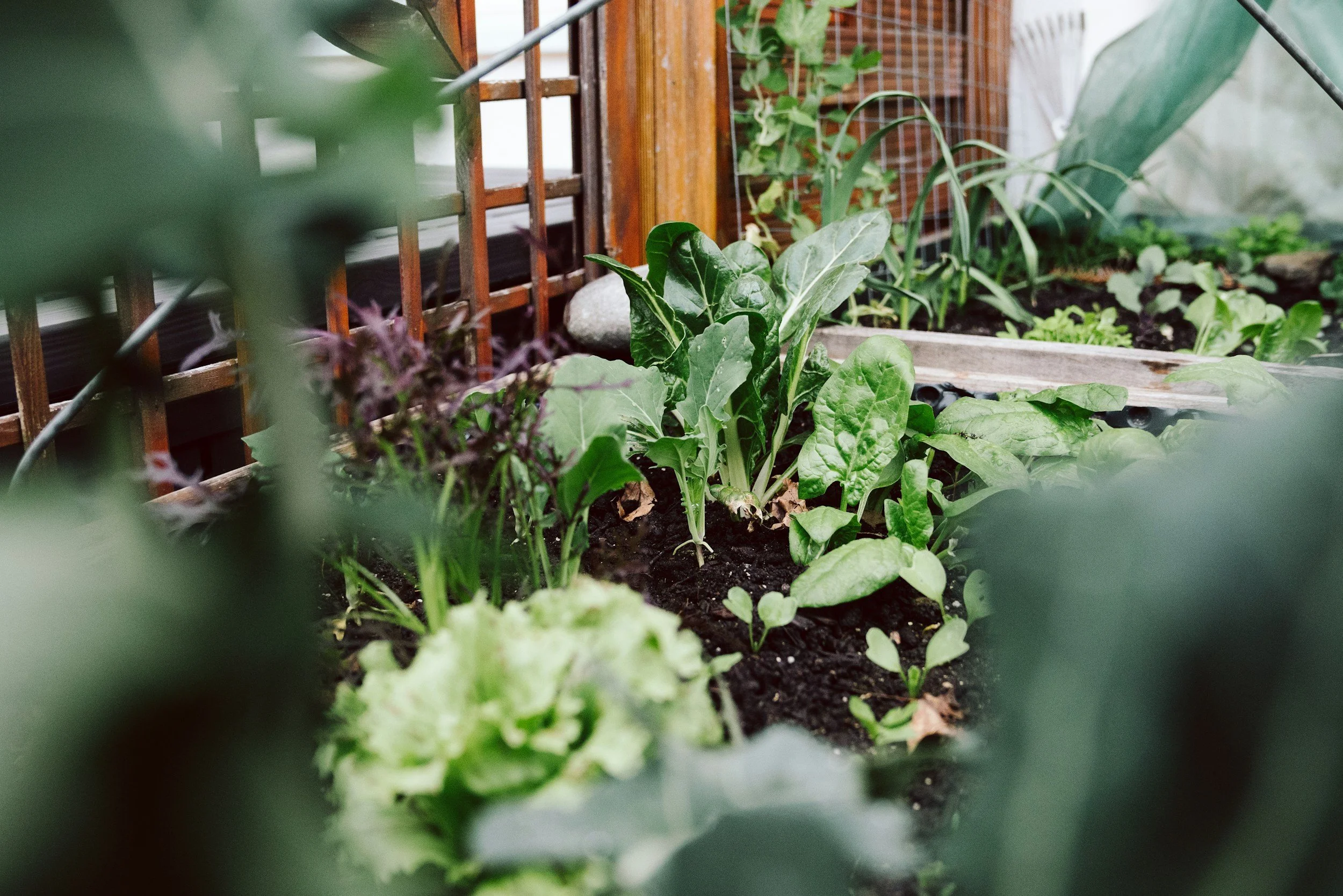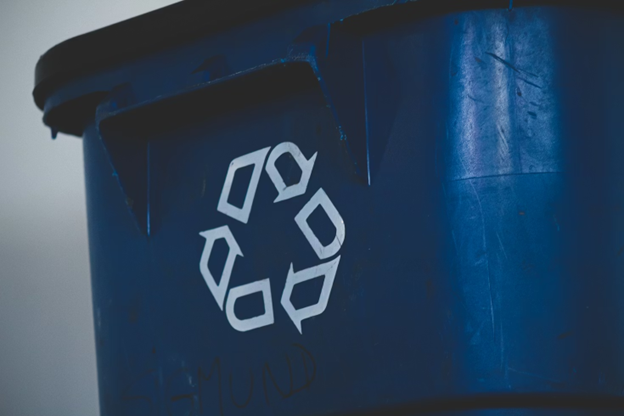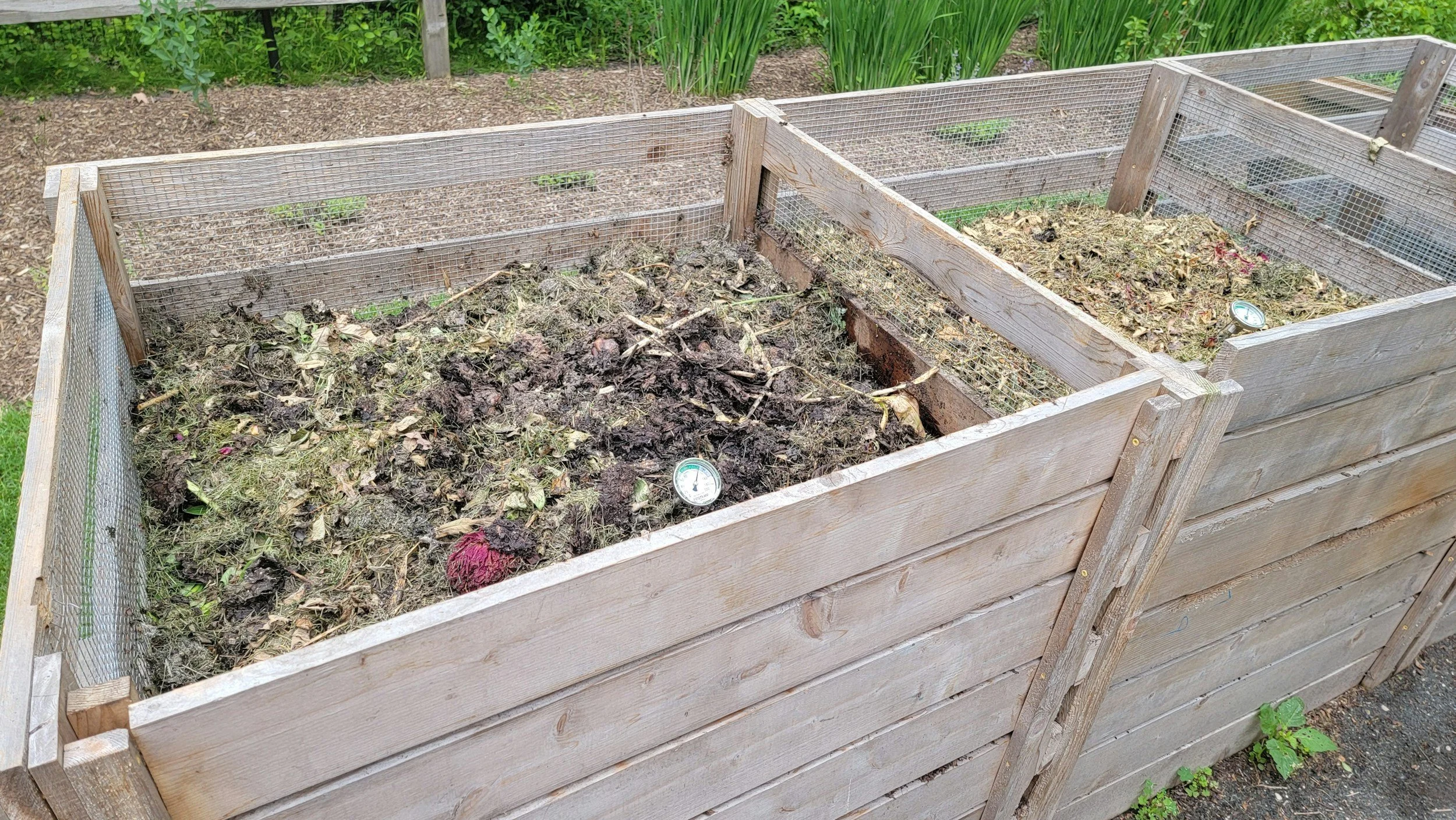The consequences of COVID aren't that good for the environment
/What do you think when you see a used disposable mask lying by the roadside? Some may say that it is not surprising and that the main thing is that the person used it. Others will see that this a sign that masks have become yet another kind of garbage polluting the environment. Whether you see it as an inevitable consequence of the necessity of using masks in this pandemic era, or it sets off alarm bells in your head, it's something we need to think about seriously.
Global problems that concern the health and well-being of human civilization require immediate solutions. This is especially the case where the spread of contagion occurs at lightning speed and where each of us is a potential time bomb.
Everyone is tired of reading the coronavirus news, but the environmental consequences of this pandemic could be with us for years.
Let's start with the good news that happened while you and I cleared the streets and locked ourselves in our homes.
Nature has finally exhaled and cleared (somewhat)
Economic activity has slowed, leading to a decrease in CO2 emissions
International air travel came to a virtual stop, and there has been a reduction in the consumption of fossil fuels. According to a recent multi-agency UN report, greenhouse gas emissions have decreased to 5% during the pandemic. China, which is the world leader in greenhouse gas emissions, has cleared 25% of CO2 (compared to 2019).
It is not known exactly how much the dynamics of this improvement will change in the future. But it is more likely a temporary improvement. There is every indication that fossil fuel consumption will return with renewed vigor and continue to poison the Earth's atmosphere.
The air has become cleaner.
Yes, it really is. European satellites have recorded a 20-30% reduction in fine particulate matter emissions into the air.
This is also a consequence of reduced traffic in large cities and countries around the world. According to the European Space Agency, NO2 emissions have decreased in the USA, Moscow and particularly in the north of Italy.
So apparently, it should be easier for us to breathe cleaner air than it was before COVID-19. Yet hardly anyone has noticed the difference.
More and more people who have survived COVID-19 are beginning to realize one truth. The pandemic will end one day and many of the efforts that have been made to overcome it will turn into just another problem. As usual, we will realize that we could have done things differently or thought in more than one direction.
As one local French politician put it in his address to French President Emmanuel Macron, "The use of masks, which became manufactured and worn intensively during the pandemic, should not cause more problems than it solves.”
It's not just the masks causing problems for the environment. In fact disinfectant bottles, gloves and food packaging complete the range of COVID-19 lifesavers that now pose a threat to the environment, especially when they are not able to be recycled. After all, the problem of plastic hasn't gone anywhere, but has instead been augmented by a number of items that supposedly help save lives in the face of the coronavirus.
Let's consider some statistics published by Grand View Research, a consulting firm whose data the UN relies on in some of its reports. The manufacture of medical masks was estimated to be $800 million in 2019, and that figure has risen to $166 billion now. You can see for yourself just how much manufacturing has grown.
"Mask off" and then what?
All masks accidentally dropped or deliberately thrown away have one final destination and that is the sea, the world's ocean. They are washed away by the rains and underground runoff carries them to the underwater world, which is already fed up with our refuse. Sadly, no sane dolphin or swan has returned to the empty canals of Venice since the beginning of the world's isolation.
Let's look at the other side of the masks. At first glance, a medical disposable mask may appear to be fabric, but alas, most are made of spunbond (a type of plastic). The decomposition time of such debris is at least 450 years. But no worries: we can always build another underwater world to house sea creatures. This is obviously a joke, but it looks like we may have to do something like this in the future if we continue on our current trajectory.
And now what, go without masks?
No, that's not exactly what we mean; let's avoid extremes. However, only some authorities are seriously concerned about the proper disposal of plastic.
You may say, it’s simple, let's just sort them and throw them away with the plastic bottles. But this is impossible and wrong. This type of medical waste should be disposed of along with other medical hazardous substances.
On the other hand, there is another method of disposal that is more complicated but also effective. Some countries use it:
- you have to cut up your used mask (so that no one can reuse it);
- put it in a plastic bag and tie it tightly;
- then the mask has to be "quarantined" for 3 days so that all viruses are killed.
Afterwards, you can dispose of it with other regular household waste. Otherwise, you need to take the used personal protective equipment to a medical facility, where it will be disposed according to aappropriate safety protocols.
What are the options?
Every country has its own attitude towards and sanctions on those who pollute and litter on the streets of their hometown. For example, representatives of the French Environmental Service have recently increased the fines for throwing garbage in the streets (the maximum fine is 750 euros).
An employee of the Service commented on these sanctions, reminding us all that we should remember that the cleanness of the seas and oceans begins with clean streets and sidewalks.
If you think about it, things could have been made a lot easier if everyone had been informed beforehand and received clear instructions to deal with the hidden plastic found in objects like disposable face masks.
According to Greenpeace, neither of the methods of dealing with safety plastic mentioned above is environmentally friendly. That is why it is best to use reusable cloth masks or sew them by hand – if you are worried about any of the new strains of virus, you can double up on masks, although this is not yet being widely recommended.
If we haven't convinced you yet, you can read the statistics on the website of the American Chemical Society to get a sense of the real extent of the problem.
If there’s anything that 2021 is showing us so far, it’s that we need to use the tools and resources at hand even more efficiently and economically than before to avoid sabotaging the progress we’ve made in reducing our use of plastic.
About the Author:
Green is Cool is a team of people who are united by a concern for the environment and the preservation of eco-balance. We focus our efforts on keeping the planet in a livable state by creating articles on the most current eco-topics.
Like this? Please pin!




